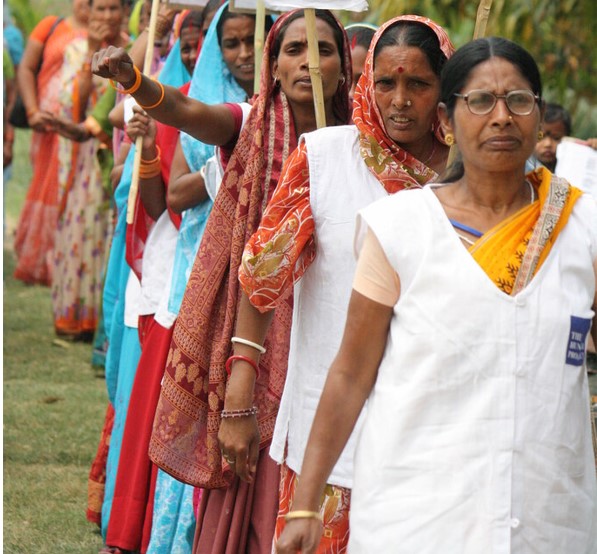ILO Warns Inequality, Weak Trust Threaten Global Social Justice Progress
The report paints a picture of both remarkable progress and serious unfinished business in advancing fairness, dignity, and equal opportunity in societies.

A new report from the International Labour Organization (ILO) warns that despite major advances in education, poverty reduction, and productivity over the past three decades, persistent inequalities, declining trust in institutions, and uneven progress continue to obstruct social justice worldwide.
The study, The State of Social Justice: A Work in Progress, was released ahead of the Second World Summit for Social Development, scheduled for November in Doha, and comes 30 years after the landmark 1995 Copenhagen Summit. The report paints a picture of both remarkable progress and serious unfinished business in advancing fairness, dignity, and equal opportunity in societies.
Global Progress Since 1995
The report highlights several key achievements in the last three decades:
-
Child labour rates among 5–14-year-olds have fallen by half, from 20% to 10%.
-
Extreme poverty has been cut dramatically, from 39% to 10% of the global population.
-
Primary school completion has risen by 10 percentage points.
-
For the first time in history, over half of the world’s population is covered by some form of social protection.
These advances reflect broad improvements in wealth, health, and education. Yet the ILO stresses that the distribution of benefits remains highly unequal, and many of the hardest problems—like inequality, informality, and gender gaps—have seen only marginal progress.
Persistent Deficits and Stalled Momentum
The report identifies several worrying trends:
-
Birth circumstances still define opportunity: 71% of a person’s earnings are determined by where they are born and their sex.
-
Informality remains entrenched: Despite two decades of effort, informality has declined by only two percentage points and still affects 58% of workers globally.
-
Gender participation gap remains wide: Since 2005, the labour force participation gap has narrowed by only three points and sits at 24%.
-
Gender pay gap persists: At current rates, closing the global wage gap will take a century.
Compounding these challenges is a global decline in trust in institutions. Since 1982, surveys have documented falling confidence in governments, unions, and employers, reflecting public frustration that effort is not fairly rewarded.
The ILO warns that if left unaddressed, this erosion of trust could undermine democratic systems, social cohesion, and global cooperation.
Transformations and Risks Ahead
The report underscores that the world is undergoing profound transformations—environmental, digital, and demographic—that are reshaping labour markets at unprecedented speed.
-
Environmental transitions, including climate policies, pose risks for workers in carbon-intensive sectors without just transition policies.
-
Digital transformation threatens to exacerbate inequalities in access to skills, technology, and decent jobs.
-
Demographic shifts, such as ageing populations and youth bulges in some regions, will strain labour markets and social protection systems.
The ILO stresses that without deliberate policy action, these transitions will deepen inequality. With the right investments—particularly in skills training, social protection, wage-setting systems, and active labour market policies—they can instead drive inclusion, resilience, and prosperity.
A Call to Place Social Justice at the Core
Gilbert F. Houngbo, ILO Director-General, emphasized that social justice must be seen as a global priority:
“The world has made undeniable progress, but we cannot ignore that millions remain excluded from opportunity and dignity at work. Social justice is not only a moral imperative – it is essential for economic security, social cohesion, and peace.”
The report urges governments, international institutions, and social partners to:
-
Tackle unequal access to opportunities and resources.
-
Redistribute economic gains more fairly.
-
Embed social justice into all policymaking—from finance and industry to climate and health.
-
Strengthen cooperation across borders to manage global challenges more coherently.
Preparing for the World Social Summit
The findings will inform discussions at the World Social Summit in November 2025, where leaders are expected to renew commitments made in Copenhagen three decades ago and identify pathways to address today’s inequalities.
The report also supports the work of the Global Coalition for Social Justice, an ILO-led platform uniting governments, workers, employers, and partners to accelerate collective action towards inclusive, fairer societies.
As the world marks three decades since Copenhagen, the ILO’s message is clear: while progress has been significant, social justice remains a work in progress, and the next phase will require courage, cooperation, and a renewed social contract.










